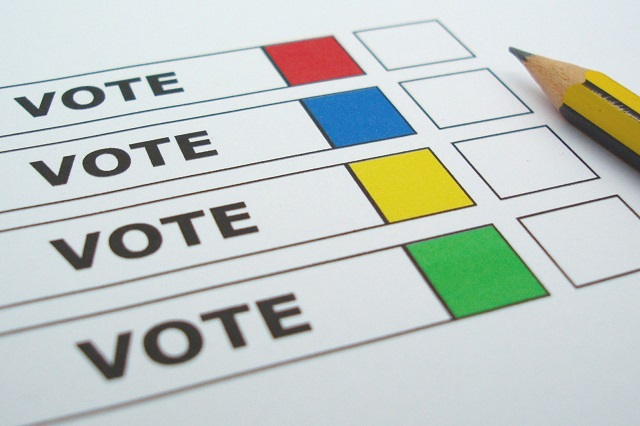
The Sunday News

OPPOSITION political parties have ganged up in a marriage of convenience under a body called National Electoral Reform Agenda (Nera), and made their intentions known of demanding the so-called electoral reforms before the 2018 elections.
In a recent Press conference in Harare they said: “As political parties, we have realised that at the centre of the current national crisis is the crisis of legitimacy. We are not only demanding the implementation of electoral reforms, but also the announcement of a clear road-map to the next election by the Zimbabwe Electoral Commission — a road-map complete with processes and time-frames…. We are also calling on Sadc, specifically the current chair of Sadc to remain seized with the issue of Zimbabwe and to ensure that the electoral field in this country is leveled ahead of the next election.”
Nera has, among other parties, the MDC-T led by Mr Morgan Tsvangirai and Zimbabwe People First led by Dr Joice Mujuru.
The group also demanded that ZEC avails the electronic voters’ rolls for inspection by all stakeholders and give an update on the delimitation exercise.
Nonetheless, what we find strange is that the new baby born out of this marriage has a number of key figures who were in Government when the issue of electoral reforms was addressed during the making of the new Constitution, which was approved in the referendum of 16 March 2013 and parliament on 9 May 2013.
Dr Mujuru was by then Vice President before she was kicked out of the ruling party and Government, and some of the key figures in Dr Mujuru’s party, Mr Didymus Mutasa and Mr Rugare Gumbo held high positions in Government and Zanu-PF before their sacking. The list does not end there, Mr Tsvangirai was also Prime Minister in the Inclusive Government that ushered in the new Constitution and Mr Tendai Biti as well as Mr Welshman Ncube, leaders of other political parties, were also part of Government.
It is therefore clear that the said demands for electoral reforms are part of machinations by opposition parties to grand stage and seek relevance, after being rendered irrelevant in the country’s body politic for some time after the Zanu-PF resounding victory in the last elections. And with elections approaching in 2018, it would appear opposition parties are on the election mode and are already trying to score cheap points against the ruling party and Government. But what they forget is that the world knows that the main actors on the opposition front today were heavily involved in the crafting of the new Constitution, and they surely cannot turn around now and claim otherwise.
In any case, if anyone is not happy with issues of constitutional nature, the Constitutional Court is there to give them an ear, instead of resorting to grand staging and calling for demonstrations whose outcome we all now know — violence.
Politburo member and Member of Parliament for Tsholotsho North and Minister of Higher and Tertiary Education Prof Jonathan Moyo hit back, saying the demands were “totally unacceptable”. And President Mugabe noted that their actions were bent on forcing the country to go back to a Government of National Unity, boldly declaring that they were day dreaming.
“They have been quiet for three years and now all of a sudden they want electoral reforms and give themselves a funny name, like Nera… Let us be clear, for a long time since 1999, the opposition had said the most important reform that must happen in the country is a new Constitution … they were saying no Constitution, no elections, for a long time. We got that in 2013 and it was a negotiated Constitution among the political parties within the context of the Global Political Agreement (GPA). The Electoral Act as it is right now is a product of GPA parties. Then they said no we must start talking about electoral reforms. It is totally unacceptable and we should not be in doubt about that because the fundamental laws of the land have changed. There is no law, conduct or practice or custom that supersedes the law or that is above the Constitution.”
We note the issue of the so-called electoral reforms is raised by opposition political parties each time they think of elections, instead of telling the electorate what they have to offer. We have no doubt that this grand staging will bring nothing to the citizens of Zimbabwe, as has been the norm with regards to machinations of opposition political parties in the country.



